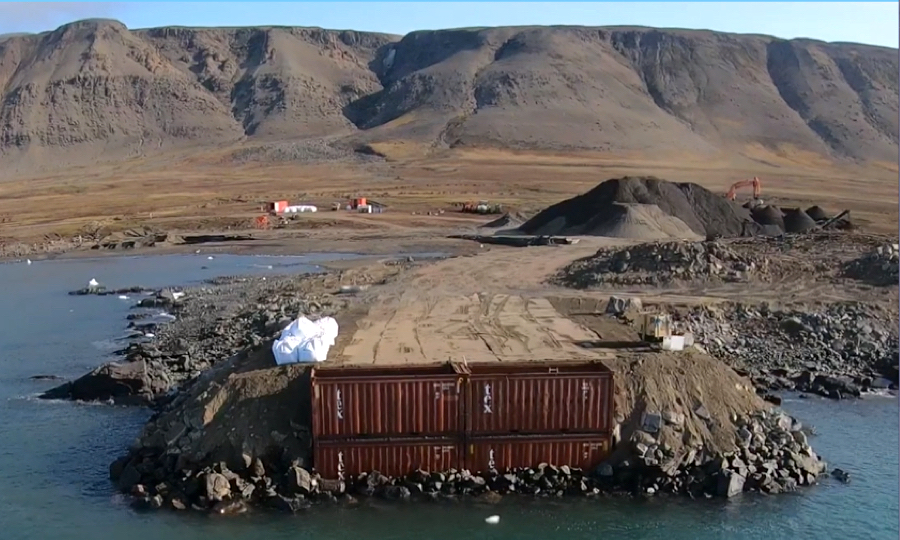
The victory of the indigenous party with a strong environmental focus, led to concerns about the future of the mining sector in the country.
Bluejay said that Housing, Infrastructure, Mineral Resources and Gender Equality Minister Naaja Nathanielsen confirmed the new government’s support for the sector.
Victory of left-wing Inuit Ataqatigiit party, which has a strong environmental focus, led to concerns about the future of Greenland’s mining sector.
The authority is also said to have confirmed Greenland’s Minerals Strategy 2020 – 2024, which provides a framework for the development of the country’s mineral resources.
The ruling party has taken an anti-radioactive-element stance, but has publicly stated that it is pro-mining.
“I expect Bluejay continues to adopt best practice with respect to the high standards that we demand from those companies who have successfully received their exploitation licences, accompanied by the rigorous Environmental and Social standards that are set in Greenland, minister Nathanielsen said in the statement.
The company secured a 30-year permit for its Dundas ilmenite project in December. It allows Bluejay to produce 440,000 tonnes of ilmenite annually over an initial mine life of 11 years. The mineral is considered the most important ore of titanium, used commercially in the production of paint, adhesives and personal care products such as toothpaste.
Beyond fishing
Greenland, a vast autonomous arctic territory that belongs to Denmark, bases its economy on fishing and subsidies from the Danish government. As a result of melting ice in the poles, miners have become increasingly interested in the area.
Until recently, the region had only one major mining project, Greenland Minerals’ Kvanefjeld rare earth project, launched in 2007. Over the past year, however, it has issued more exploration and mining licenses in a bid to diversify its economy.
The US government signed a memorandum of agreement with Greenland on mineral sector governance in 2019 as part of efforts to ensure the supply of critical minerals, particularly rare earths, from outside China.
Former president Donald Trump even offer to buy the uranium and rare earths-rich Arctic island.
The move sought to partly help address Chinese dominance of the rare earths market, as the nation accounts for almost 80% of the global mined supply of the elements used in everything from hi-tech electronics to military equipment.




